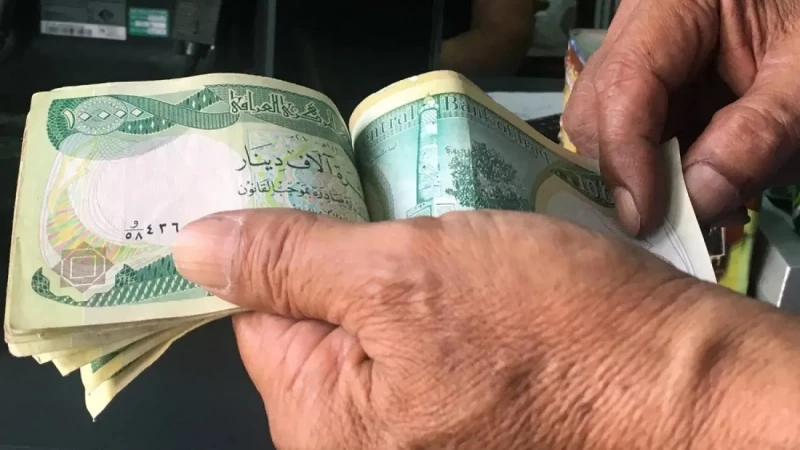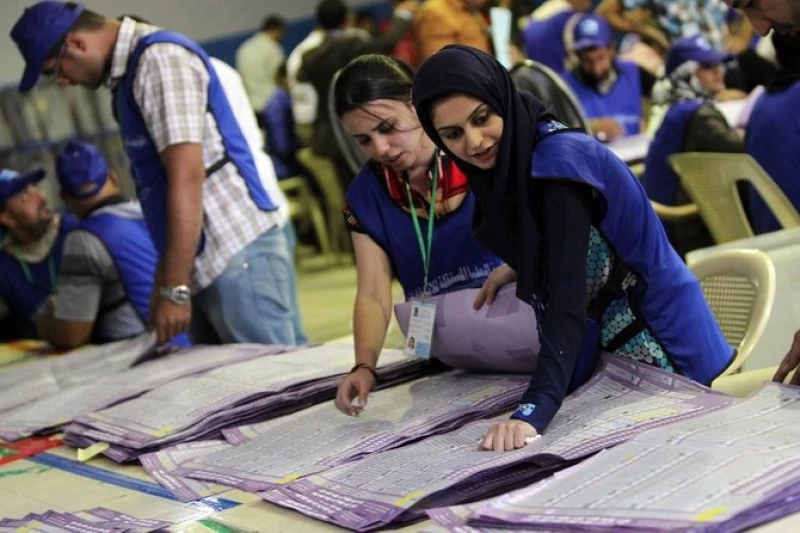ERBIL, Kurdistan Region of Iraq - Seven Kurdish migrants from the Kurdistan Region who had been held by Libyan authorities for two months following their failed attempt to cross to Europe were released on Wednesday, and they were repatriated to Iraq, an official confirmed to The New Region.
The Iraqi embassy "repatriated seven Iraqi citizens to Iraq after they were detained in Libya for illegal immigration, as part of its ongoing efforts to protect Iraqis abroad,” Ahmed al-Sahaf, chargé d'Affaires of the Iraqi embassy in Tripoli in a statement.
Sahaf said, “The embassy provided healthcare, issued laissez-faire passports, and provided travel tickets to ensure their voluntary return home."
The New Region understands that six of them are from Sulaimani province’s Raparin administration, and the other one is from Erbil province.
Thousands of migrants illegally try to cross the deadly Mediterranean Sea every year in search of a better life in Europe and the United Kingdom, with a large number of them coming from the Kurdistan Region of Iraq and the Kurdish areas of Syria, Iran, and Turkey.
Some of those who trek the perilous journey to illegally move to Europe from the Kurdistan Region use the Libyan waterways to reach Italy through smuggling routes.
The Kurdistan Region’s government said Tuesday that they were aware of the news that at least 17 Kurdish migrants have gone missing in Libya, but it remains unclear whether they were arrested or abducted.
In early April, another seven Kurds who had trekked the very same perilous journey and had been detained by Libyan authorities were repatriated to the Kurdistan Region.
Libya has, in recent years, become a major transit country for migrants from Africa and the Middle East, including the Kurdistan Region, due to its proximity to European Union countries.
Libya has been ruled by rival governments in eastern and western Libya, each backed by different armed groups and foreign governments.
Over 700,000 migrants were registered in Libya last year, according to the International Organization for Migration (IOM).
Every year, thousands of Iraqis put their lives in the hands of shady people-smuggling networks, embarking on highly hazardous journeys in search of a better life abroad.
According to data from Lutka or the Summit Foundation for Refugees and the Displaced Affairs, more than 750,000 Iraqis have migrated out of the country since 2015.


 Facebook
Facebook
 LinkedIn
LinkedIn
 Telegram
Telegram
 X
X



